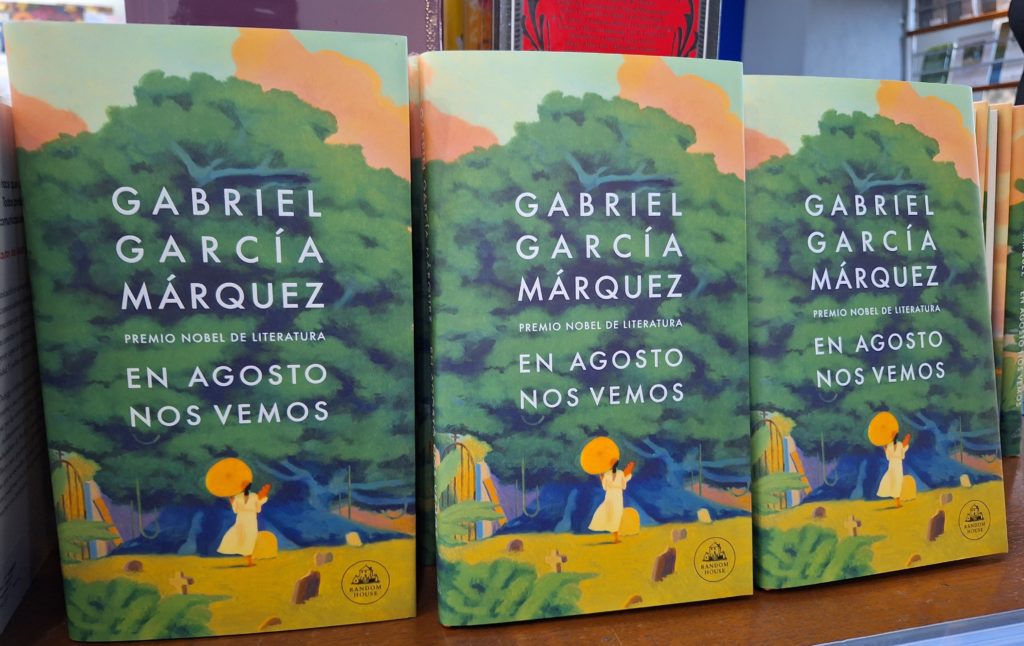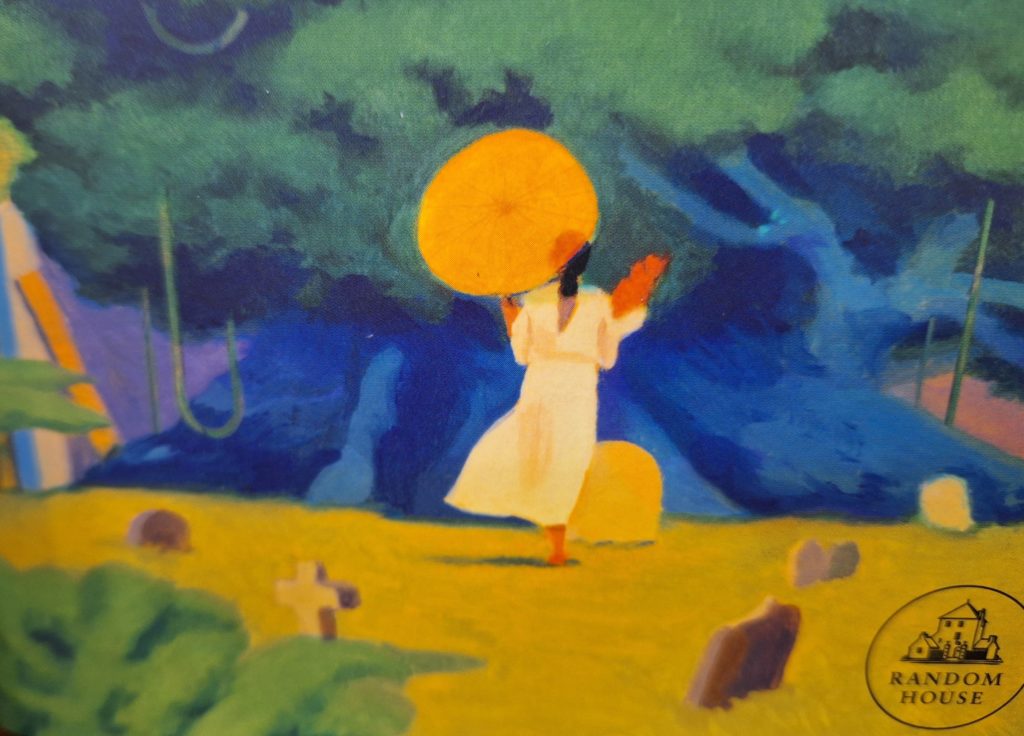
“See you in August”, the posthumous novel by Colombian writer Gabriel Garcia Marquez was published yesterday, coinciding with the birth of the Nobel Prize in Literature, in the year when the tenth anniversary of his death will be remembered.
The prologue that precedes Garcia Marquez’s final novel is more like a letter of apology. It is signed by the sons of the famous Colombian writer, Rodrigo and Gonzalo, who hope that their father will forgive them for having committed “an act of betrayal”.
Publishing the texts of a Nobel Prize winner may seem anything but a crime; the drawback is that Gabo, the nickname by which everyone knew Garcia Marquez, was explicit enough when he was still alive: “This book is useless, it must be destroyed”.
It was not going to be published
The texts that made up “See you in August”, which Penguin Random House published this Wednesday, were a challenge for a writer who, in the last years of his life, had to fight against dementia: for more than a decade he wrote and rewrote them, but never achieved the full satisfaction that would have encouraged him to publish them. Initially there were to be five stories with the same protagonist, Ana Magdalena Bach, but they will finally see the light of day in novel format.
The architect of the final product, beyond the instigators, Gabo’s children, has been Cristobal Pera, the editor of the last two books that the Colombian writer published during his lifetime. His has been the task of stitching together the different manuscripts so far kept in the archives of the University of Texas, where Pera holds a doctorate in Latin American literature.
In the process, he has not added a single sentence. “The novel, in any case, was somewhat scattered, but Gabo had completed it,” explains Gonzalo Garcia Bacha, the author’s youngest son.
The main argument that Gonzalo and Rodrigo cling to for not respecting their father’s will stems from the intention to democratize Gabo’s entire work. The texts that make up the novel could already be consulted by any scholar who went to Austin, home of the University of Texas.
Now, readers from practically all over the world will only have to go to a bookstore. “Any book that he didn’t finish, that he wasn’t satisfied with, was destroyed. The fact that he didn’t destroy this one is a symptom that the book became indecipherable for him,” says Rodrigo Garcia Bacha, his eldest son.
The last days of Garcia Marquez
Gabo’s perfectionism was responsible for the kidnapping of these texts. Only two could be read, in 1999, and since then nothing more has been known. Gabo’s children agree with the opinion of experts, such as Cristobal Pera himself or Pilar Reyes, the editorial director of Penguin Random House, the publishing house in charge of the publication, that the work is “a compendium of the beautiful and excellent work” of Garcia Marquez. What is surprising, then, is the difference in evaluating the quality of the text between its author and others.
Dementia is responsible for Gabo’s underestimation of his texts, according to his children. “Just as he lost the ability to write, he also lost the ability to read. When he said that something was not publishable, he had already lost the ability to judge whether something was publishable or not,” the Colombian writer’s children explain.

Female protagonist
“En agosto nos vemos” is a short novel, barely 120 pages long, as is the last fiction that Gabo published during his lifetime, “Memory of my sad whores”. It has elements of contemporaneity and stands out, above all, for its female protagonist, something unusual in Garcia Marquez‘s work.
Ana Magdalena Bach is a woman in her forties who every year visits the island where her mother is buried; during these trips she allows herself to be a different person from the one she usually is. A license reminiscent of the one Gabo’s children have allowed themselves, and for which they have the definitive justification. “He always said: “when I die, do whatever you want.” This helps us sleep better”, Rodrigo and Gonzalo Garcia point out.

See all the latest news from Colombia and the world at ColombiaOne.com. Contact our newsroom to report an update or send your story, photos and videos. Follow Colombia One on Google News, Facebook, Instagram, and subscribe here to our newsletter.

